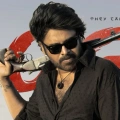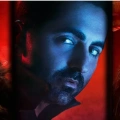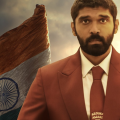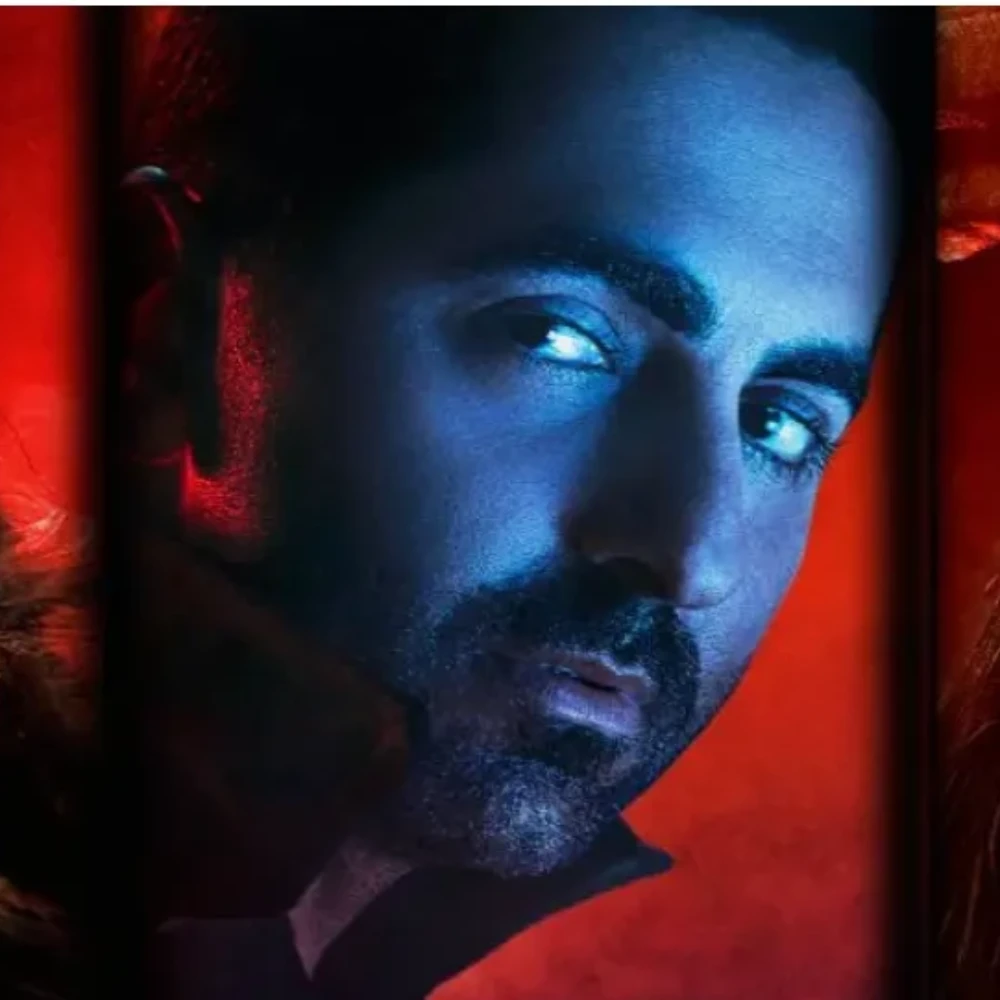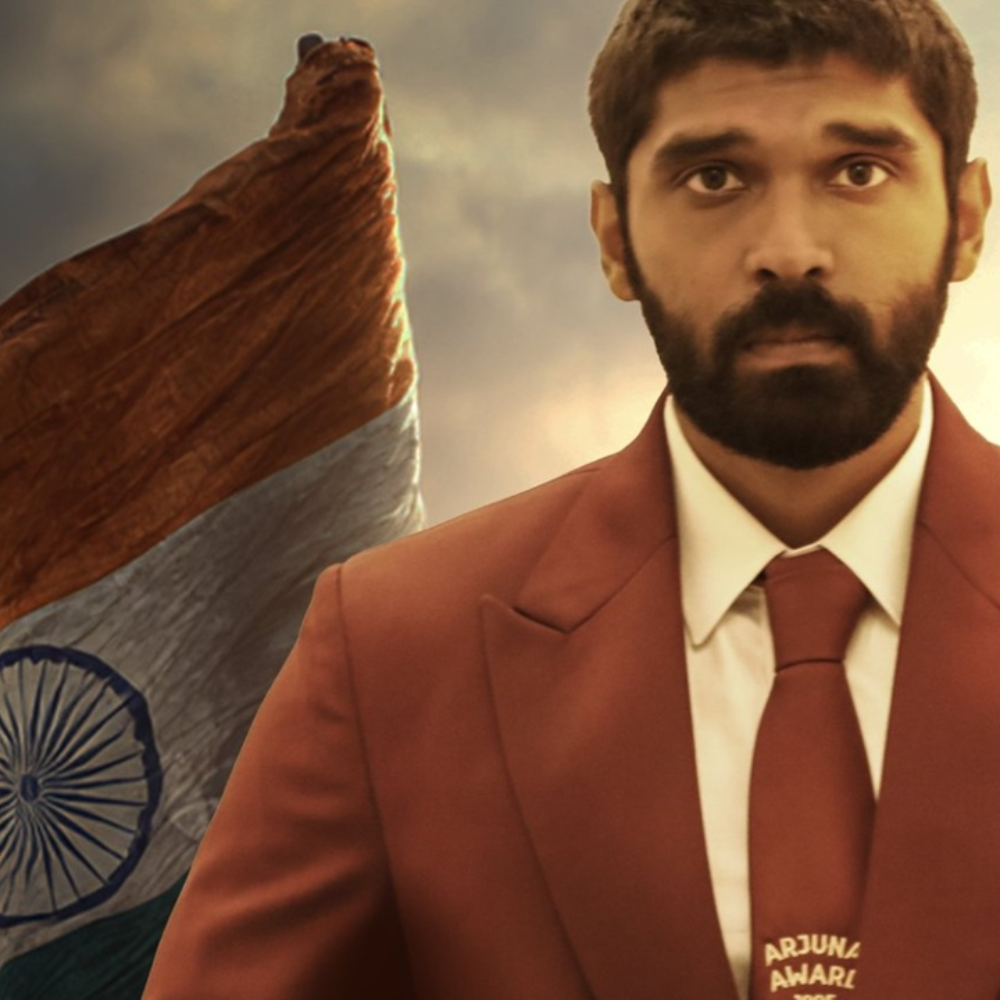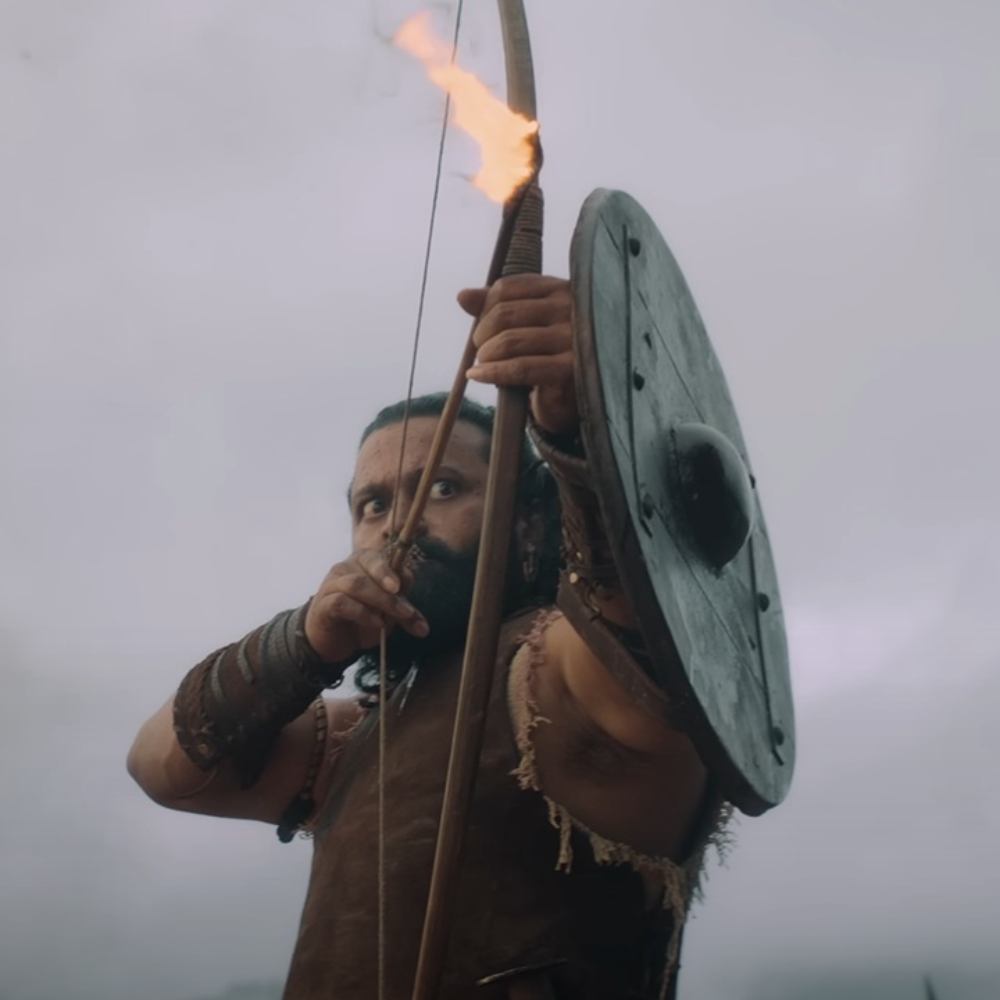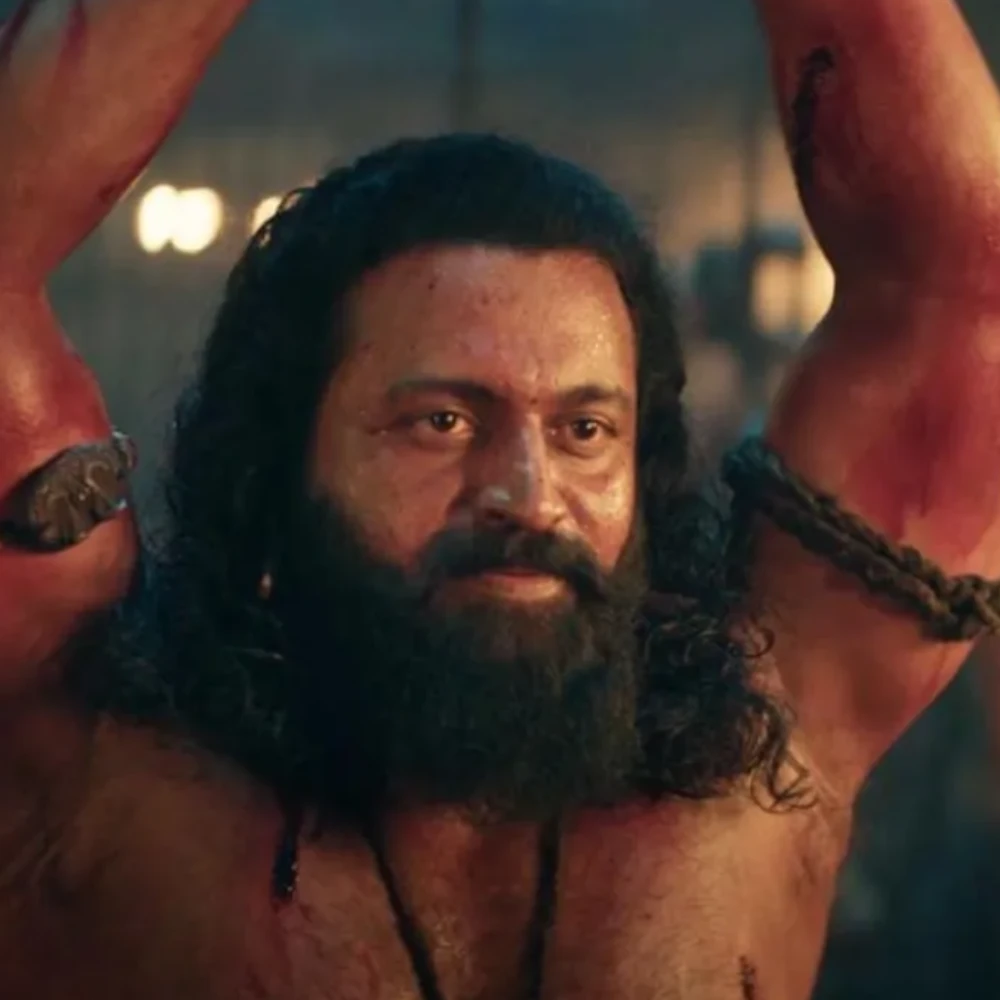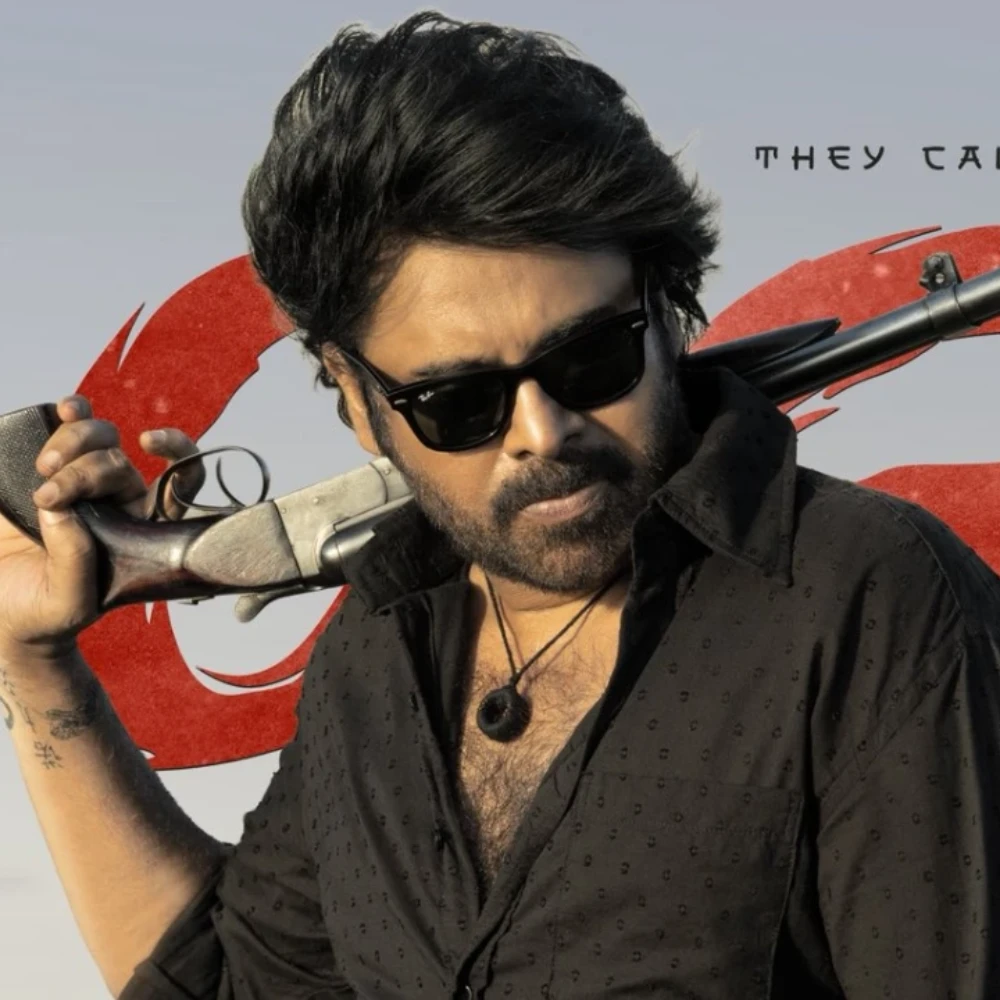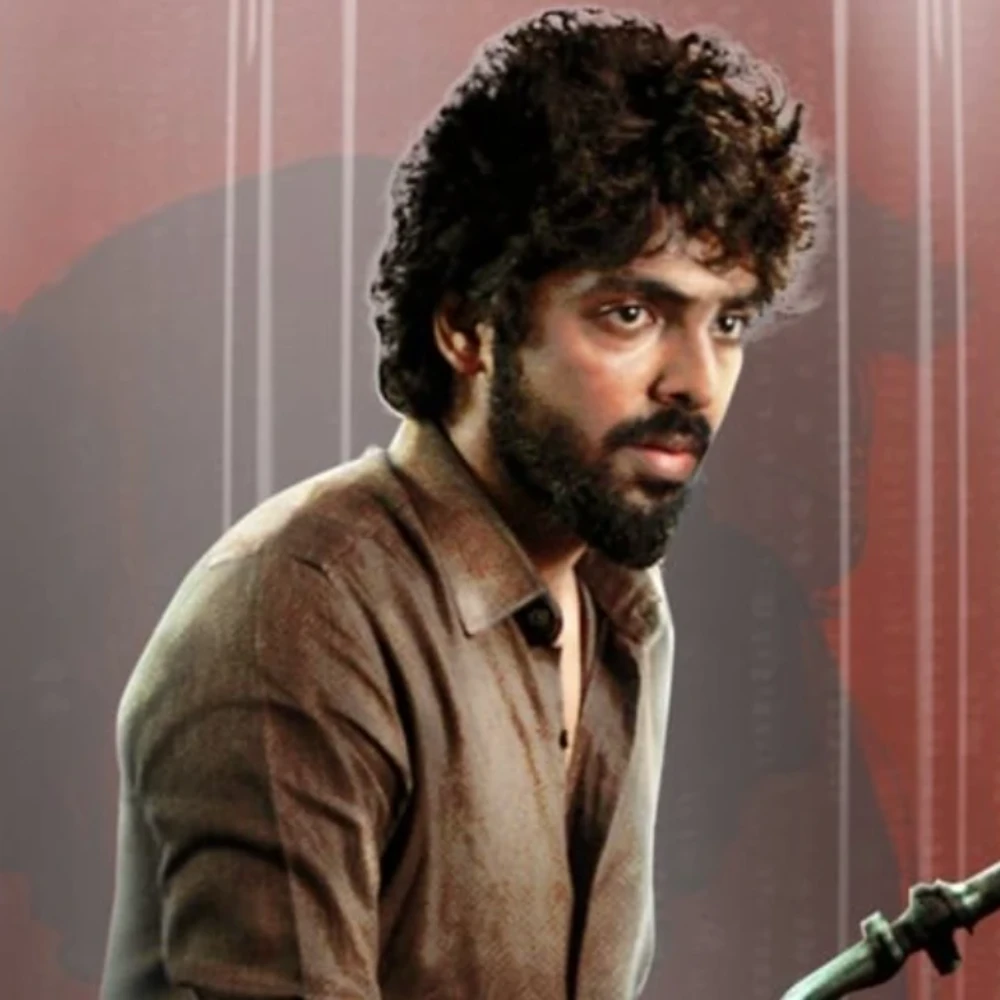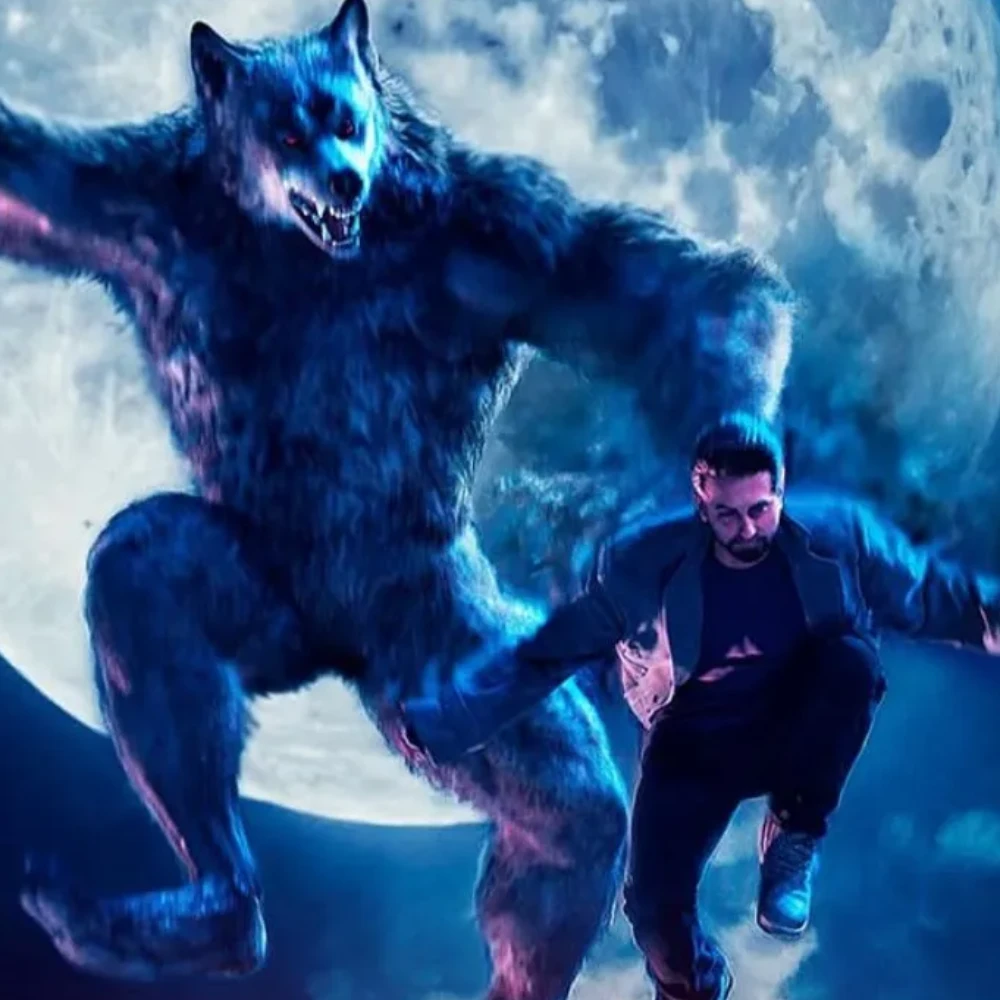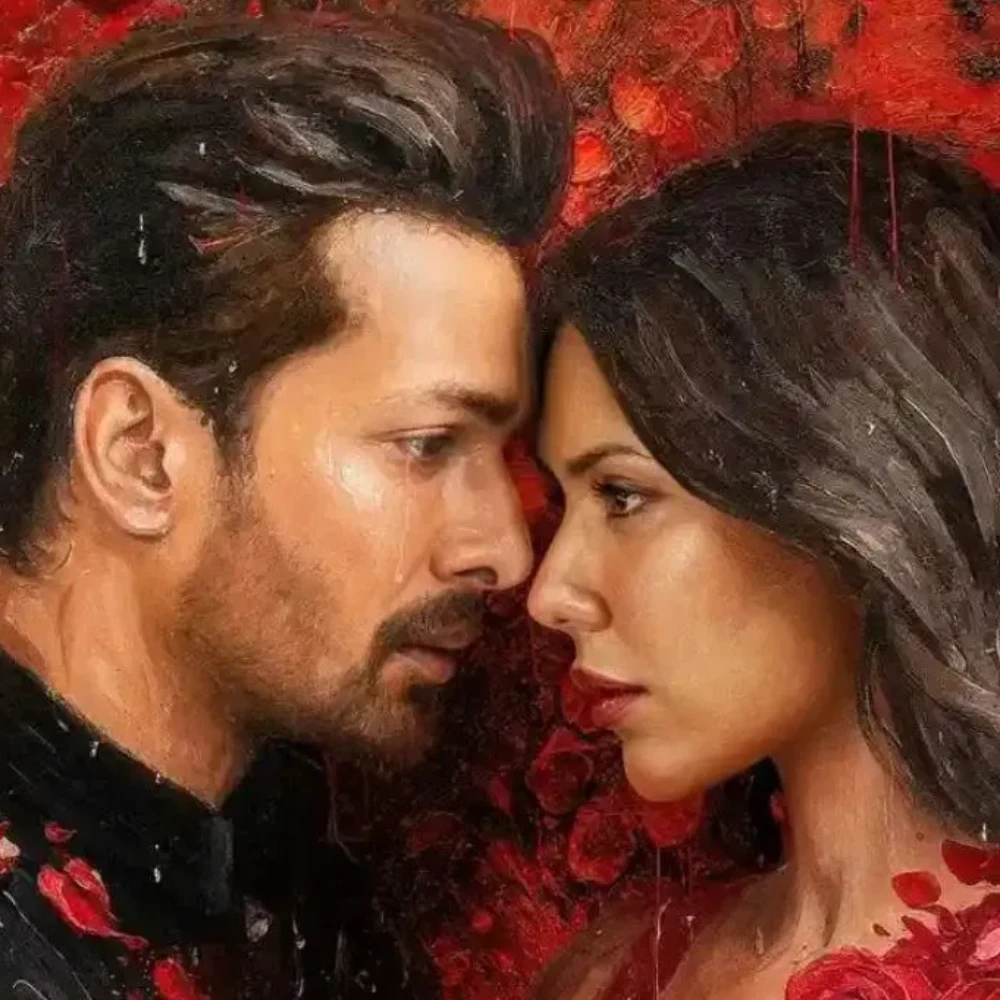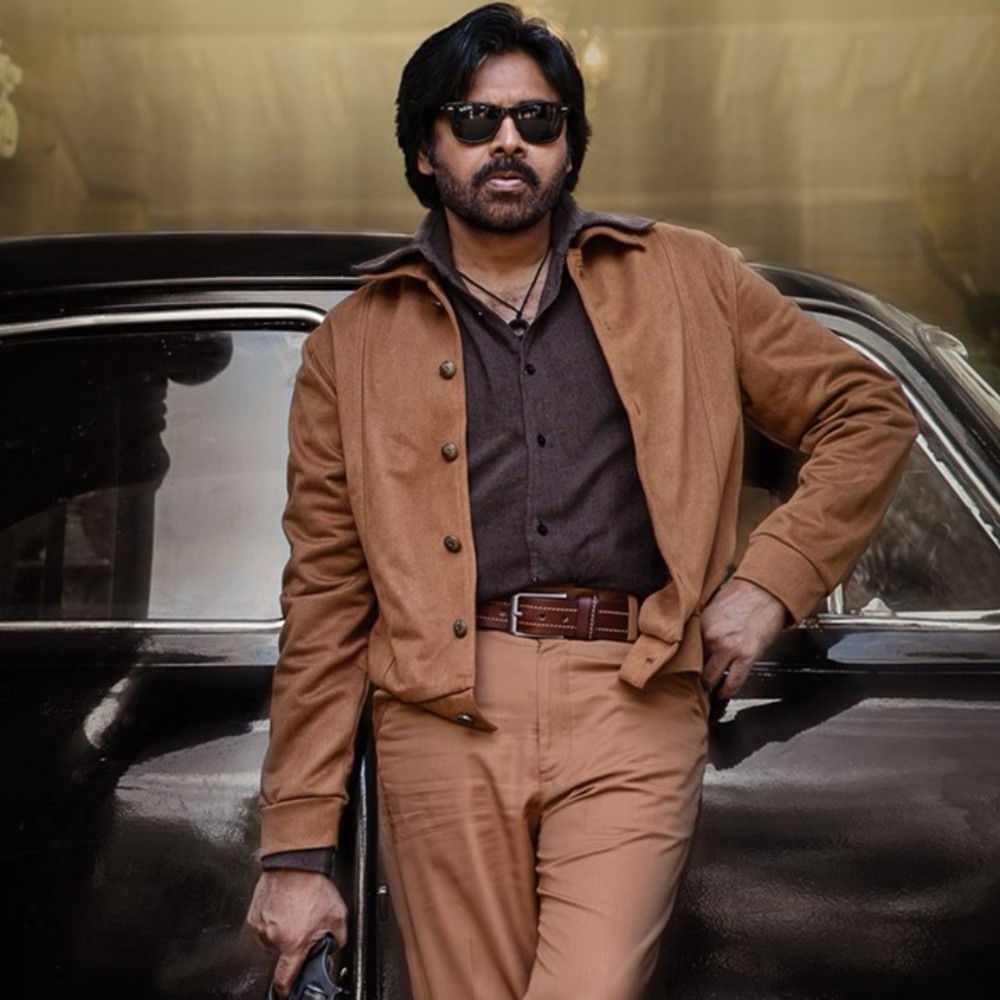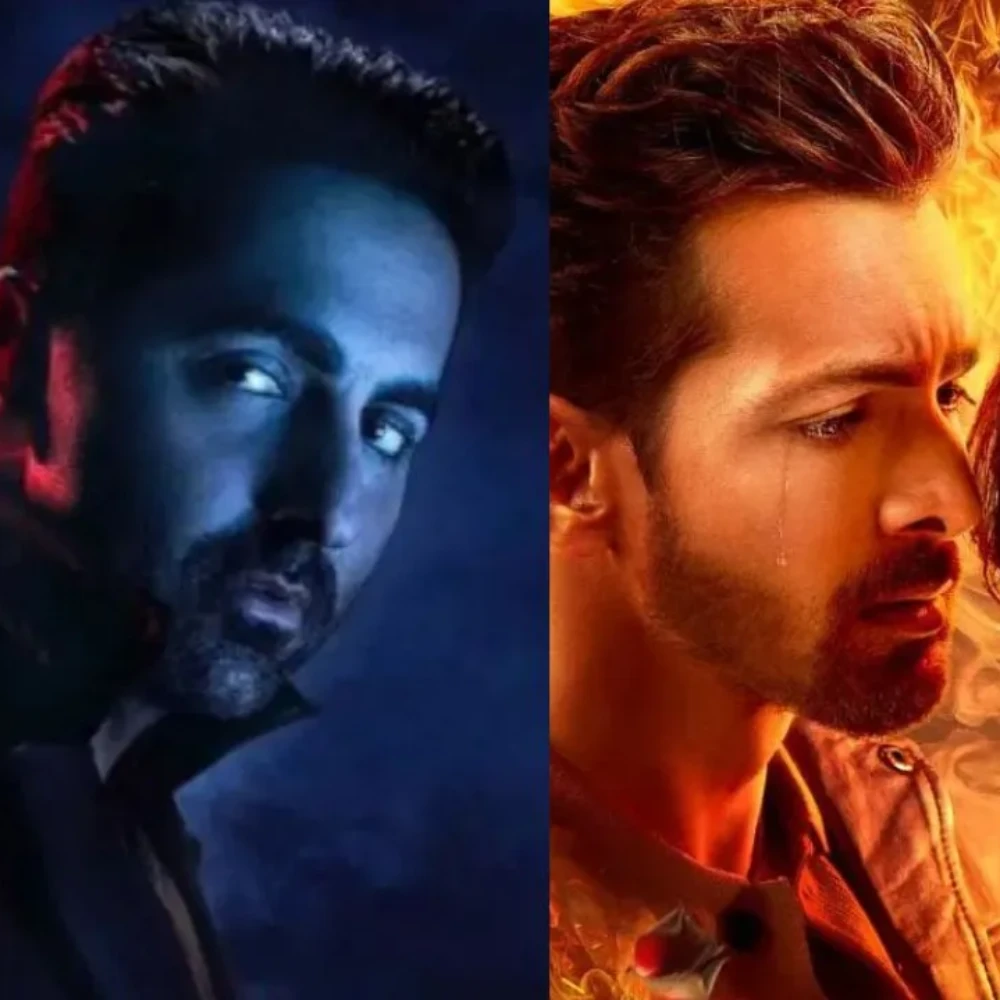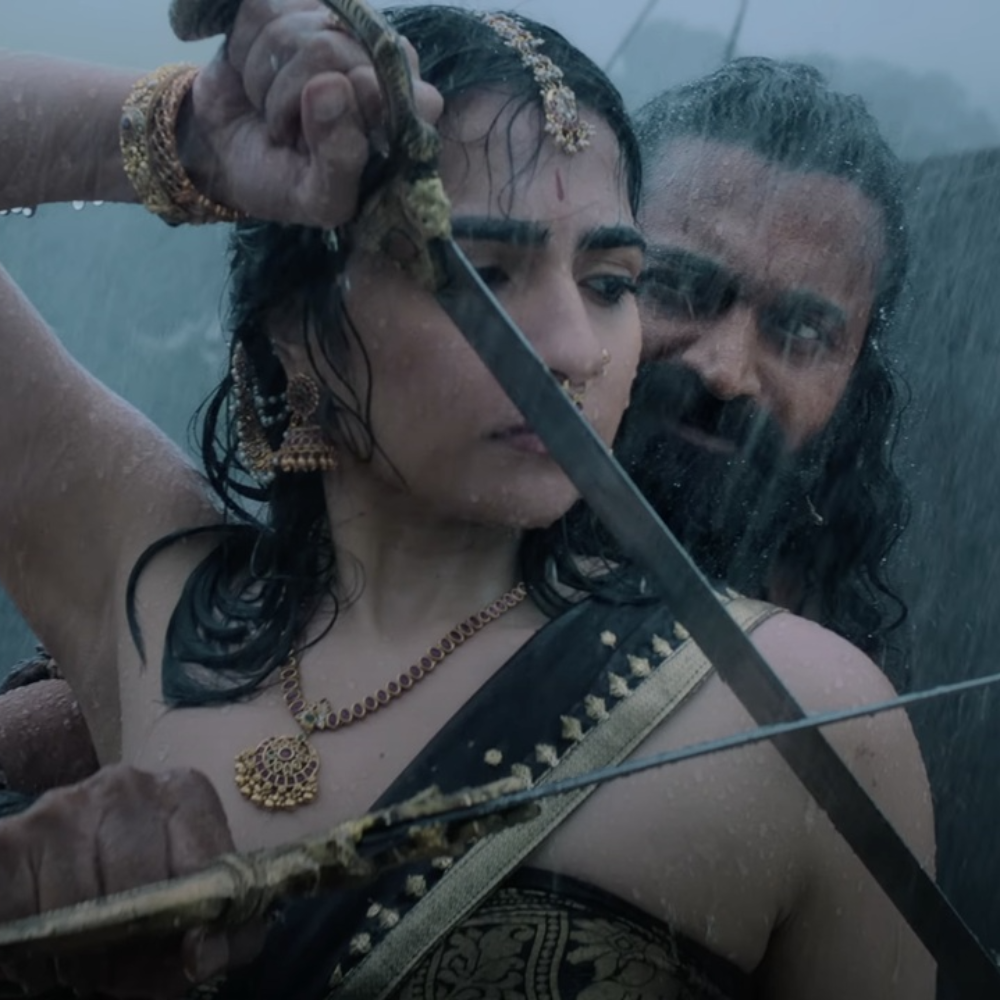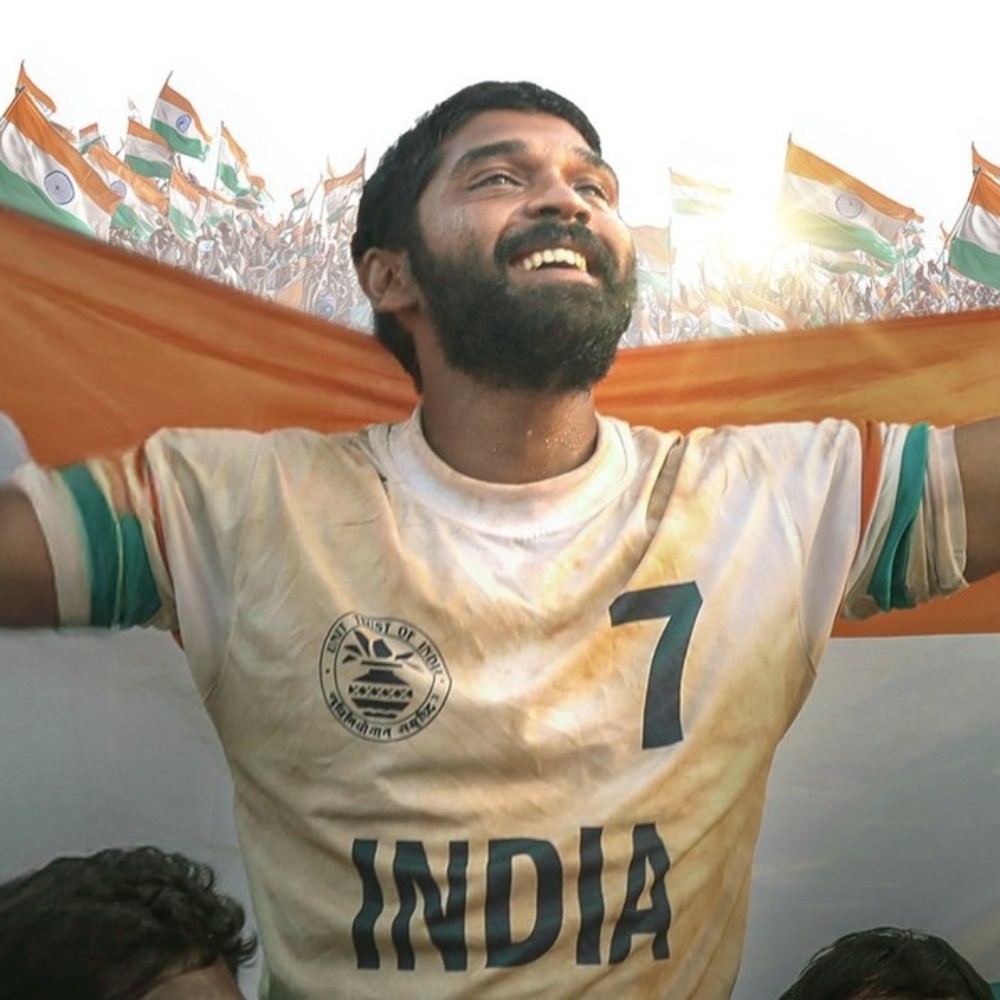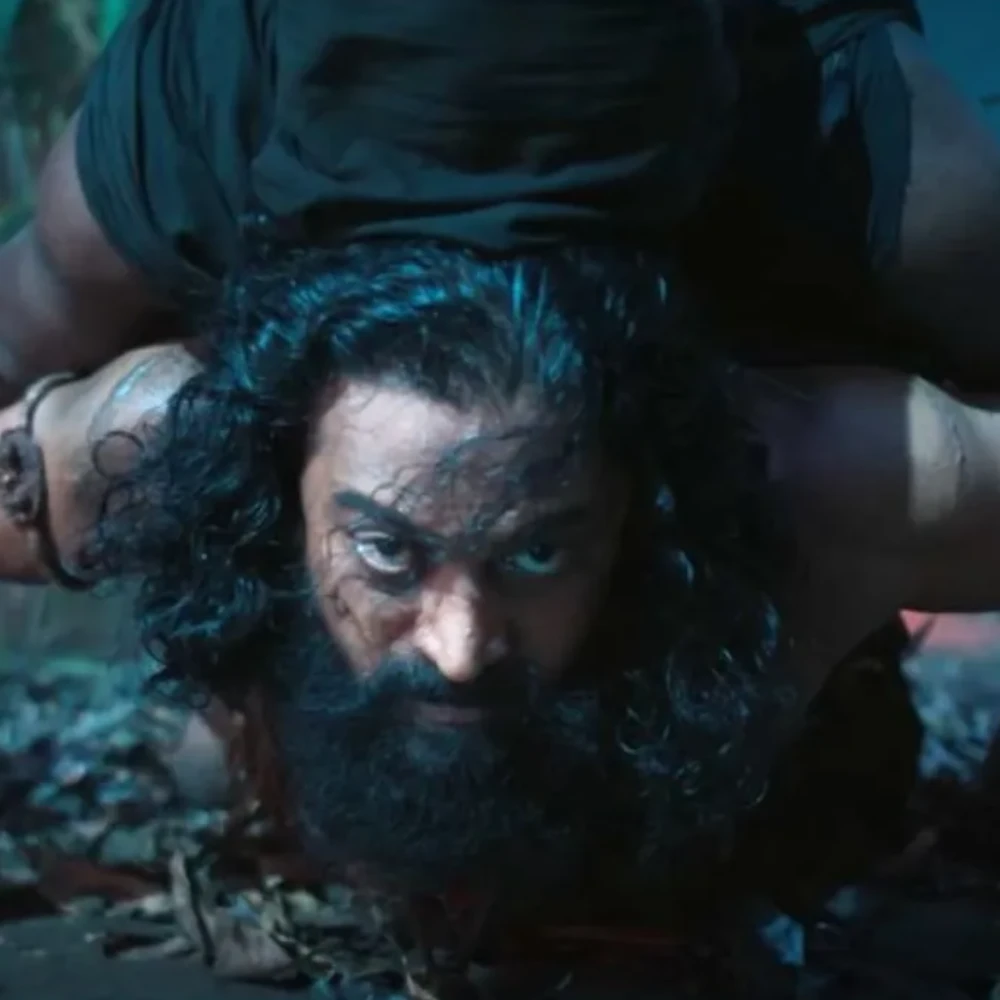Box Office: Tom Cruise soars even at the age of 62 with Mission Impossible - The Final Reckoning
Going by the collections that Mission: Impossible - The Final Reckoning is putting up globally, it is pretty clear that the audiences don't mind watching Tom Cruise even as he crosses 62.
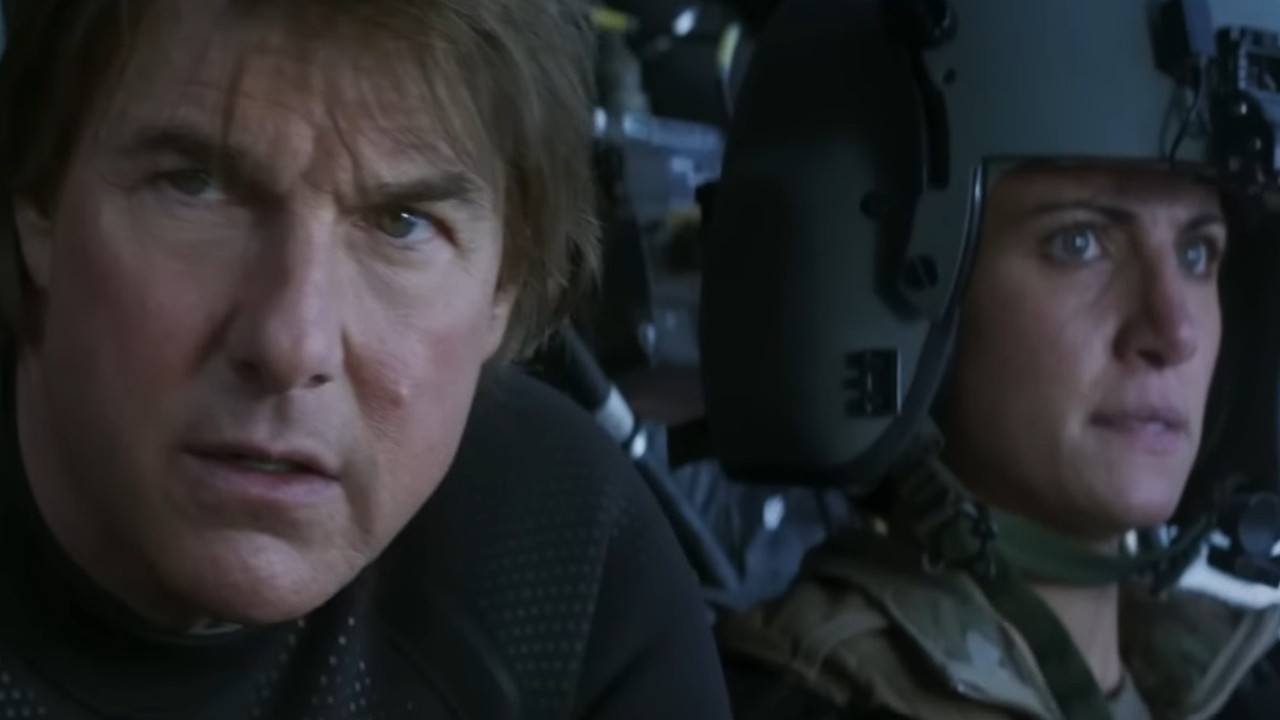
Tom Cruise has become inseparable from the image of Ethan Hunt, the indomitable IMF agent who races against time to save the world in the Mission: Impossible franchise. Over the past two decades, Cruise has redefined action cinema not only through gripping narratives but through jaw-dropping stunts that have become the franchise’s signature.
From scaling the Burj Khalifa in Ghost Protocol, to clinging onto the side of a flying airplane in Rogue Nation, free-solo climbing in Fallout, and leaping off cliffs on motorcycles in Dead Reckoning, these feats have turned each installment into a global cinematic event. What makes it all the more remarkable is that at 62, Cruise continues to perform these stunts himself, redefining what it means to be an action hero in the modern era. His box office triumph with Top Gun: Maverick—his highest-grossing film to date—further cemented his stature, once again portraying a fearless maverick who defies odds and age with the same fervor as his fictional counterparts.
Yet this sustained relevance is no accident. It is the result of Cruise's relentless and almost obsessive desire to entertain audiences on their terms. He understands the pulse of the moviegoing public better than most of his contemporaries, and over the years, he has fine-tuned his choices to deliver maximum cinematic impact. This has also meant, at times, letting the actor within him take a step back so the global superstar persona can take over. Cruise isn’t just performing for the camera—he’s performing for the legacy of cinema itself. In doing so, he has carved out a space that no other actor of his generation currently occupies.
Despite the recent tilt toward action spectacles, Cruise's acting résumé is a reminder that he is far more than just an adrenaline-fueled daredevil. In the early years of his career, he consistently showcased his range and emotional depth. Breakout roles in Risky Business (1983) and Top Gun (1986) catapulted him to stardom, while performances in The Color of Money (1986), Rain Man (1988), and Born on the Fourth of July (1989) proved his mettle as a serious actor. His portrayal of Ron Kovic, a paralyzed Vietnam War veteran, earned him his first Oscar nomination and widespread critical acclaim. Throughout the 1990s, Cruise continued to impress with layered roles in A Few Good Men (1992), The Firm (1993), Jerry Maguire (1996)—which earned him another Oscar nod—and Magnolia (1999), where his role as a toxic self-help guru drew both shock and praise, culminating in his third Academy Award nomination.
Cruise has also shown a surprising knack for comedy and reinvention. His unrecognizable, hilarious cameo as the profane studio head Les Grossman in Tropic Thunder (2008) became instantly iconic and reminded audiences of his fearlessness as a performer. In American Made (2017), he took on the morally complex real-life role of Barry Seal, a commercial pilot turned drug runner, balancing charm with nuance in one of his most underrated performances.
And yet, despite these strong performances, it is the franchise juggernauts—especially Mission: Impossible—that have fueled his dominance at the box office in recent years. Original titles like Oblivion (2013), Edge of Tomorrow (2014), and American Made were met with critical approval but couldn’t replicate the financial might of his action franchises. Rather than resist this shift, Cruise embraced it, understanding that in the age of IPs, sequels, and cinematic universes, he needed to evolve with the industry while still retaining what made him special.
There was, however, a time not too long ago when studios began to question Cruise’s box office reliability. Around the release of Mission: Impossible – Ghost Protocol in 2011, Paramount sought to inject younger blood into the franchise to potentially carry it forward without him. Jeremy Renner was introduced as Brandt, a capable IMF agent with the skills and charisma to conceivably take over as the face of the franchise. Later, in Fallout (2018), Henry Cavill—fresh off playing Superman—was cast as CIA operative August Walker, a physically imposing presence meant to challenge Cruise’s Ethan Hunt and perhaps even hint at a generational handoff. Both actors were excellent additions, and Cavill’s brutal bathroom brawl with Cruise remains a series highlight. But despite these attempts, one truth became increasingly evident: there is no Mission: Impossible without Tom Cruise. Instead of fading into the background, Cruise doubled down, performing more outrageous stunts, taking more creative control, and fully reasserting himself as the indispensable engine of the franchise.
Today, Mission: Impossible is more than just a spy series. It is a celebration of physical filmmaking, of real stunts performed by a real star, in an era increasingly dominated by CGI and virtual production. In many ways, Cruise is the last of the old-guard global movie stars—his name alone can still draw crowds worldwide. While others rely on shared universes and ensemble casts, Cruise remains a solo force of nature, committed to bringing audiences back to theaters for an experience they can’t get anywhere else.
Whether as the charming romantic, the dramatic powerhouse, or the fearless action icon, Tom Cruise continues to evolve, entertain, and endure. In a fast-changing industry, his career stands as a masterclass in reinvention, resilience, and relevance.
ALSO READ: Box Office: Mission Impossible 8 carries USD 400M budget; Here's how much it needs to break even





 JOIN OUR WHATSAPP CHANNEL
JOIN OUR WHATSAPP CHANNEL